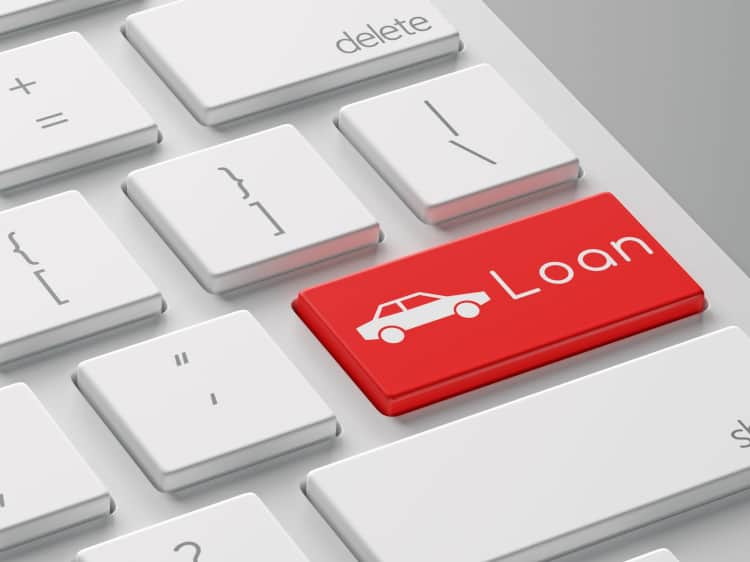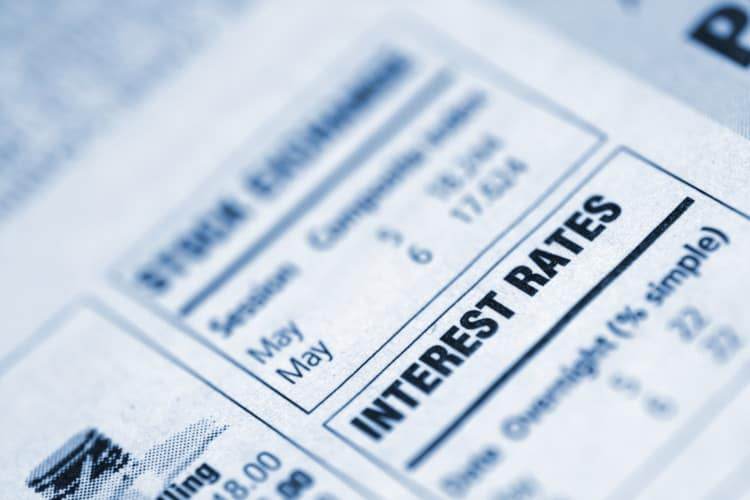Smarter Loans Inc. is not a lender. Smarter.loans is an independent comparison website that provides information on lending and financial companies in Canada. We work hard to give you the information you need to make smarter decisions about a financial company or product that you might be considering. We may receive compensation from companies that we work with for placement of their products or services on our site. While compensation arrangements may affect the order, position or placement of products & companies listed on our website, it does not influence our evaluation of those products. Please do not interpret the order in which products appear on Smarter Loans as an endorsement or recommendation from us. Our website does not feature every loan provider or financial product available in Canada. We try our best to bring you up-to-date, educational information to help you decide the best solution for your individual situation. The information and tools that we provide are free to you and should merely be used as guidance. You should always review the terms, fees, and conditions for any loan or financial product that you are considering.

If you’re thinking about financing a car, then it’s important you consider the other fees and expenses associated with the purchase. Lenders won’t simply hand over a lump sum to cover the cost of the car for you without making a profit along the way. That’s why they apply an interest rate with auto financing contracts.
In essence, interest is an amount that’s baked into your monthly amortization, and it serves as the lender’s profit. Interest rates vary from lender to lender, and they can change depending on the different factors surrounding your specific case.
Find out more about car finance rates and how to negotiate a good deal with this complete guide.
The thing about interest rates is that they’re not set in stone. They can change depending on several factors, so it follows that you may be able to negotiate better rates if you play your cards right.
Anyone hoping to secure auto financing should be keen on lowering interest rates because it ultimately lowers the final total that you pay for the loan. On top of that, lower rates also decrease the monthly payments you need to make, giving you greater leg room when it comes to your finances.
Some financial institutions will be particularly interested in your credit score. As a marker of your patterns and behavior when it comes to debt, your credit rating tells your lender more about how well you’ve been able to make loan payments in the past.
The higher your credit score, the more eligible you are for reasonable interest rates on your auto financing request. Why? Think of it this way – lenders tend to see individuals with low credit scores as high-risk. This means they think you’ll be more likely to default during the length of your loan term.
If that happens, then the full loan amount would be left unpaid. So to make the most profit off of your payments during the time that you’re issuing them, institutions will grant you an auto loan with higher rates.
In effect, these higher interest rates give them more profit over a shorter period of time, so in case you default, they would have made more off of the transaction.
Have you borrowed from a lender in the past? Then consider applying for auto financing from the same institution. A well-established relationship with your borrower gives you more leverage to negotiate better interest rates.
In fact, lenders who want to maintain a good relationship with reliable borrowers will often offer lower interest rates as part of their loyalty program. This encourages previous borrowers with good reputations to borrow again.
The nature of the financial institution you approach will also impact the interest rate you get. For instance, banks’ auto financing deals can start at 4.9% and rise up to a whopping 40% depending on the different factors involved in your situation.
Another thing you need to consider about banks is that they’re far less flexible when it comes to negotiations. People working the desks at their auto loan offices are simply employees who don’t always have the power to override the system. In case they are able to grant interest rate adjustments, they will have to follow pre-approved computations that can’t take your unique case into consideration.
On the other hand, private lenders are far more flexible because they’re not as systematic as financial institutions like banks. It’s easier to communicate with private lenders and discuss the specifics of your situation in order to negotiate a good deal.

When seeking to secure auto financing, you’ll notice that there are two different types of interest. The fixed interest rate requires that you pay the same interest rate for the entire duration of the loan term. The variable interest rate, as the name suggests, means that the interest rate on your loan will change depending on the prevailing market interest rates change.
Fixed rates are ideal if you suspect that there might be an increase in rates over the course of your loan term. They’re also preferred if you’re taking out a long-term loan since it would be impossible to predict whether rates would be better over the course of several years.
Conversely, variable interest rates are best if the market atmosphere during which the loan was made is expected to improve over a short period of time. This means that on the second year of your loan, your interest rates may decrease and you might end up paying less than you initially did.
An interest rate of 4.9% is the average rate that Canadians receive for both new and used cars. But eligible borrowers might be able to secure loans with as little as 0-3.9%, especially if they approach the right lenders. So be sure to shop around to find the best option for your auto financing needs and secure a loan that gives you the best deal to maximize every penny you spend on your new set of wheels.